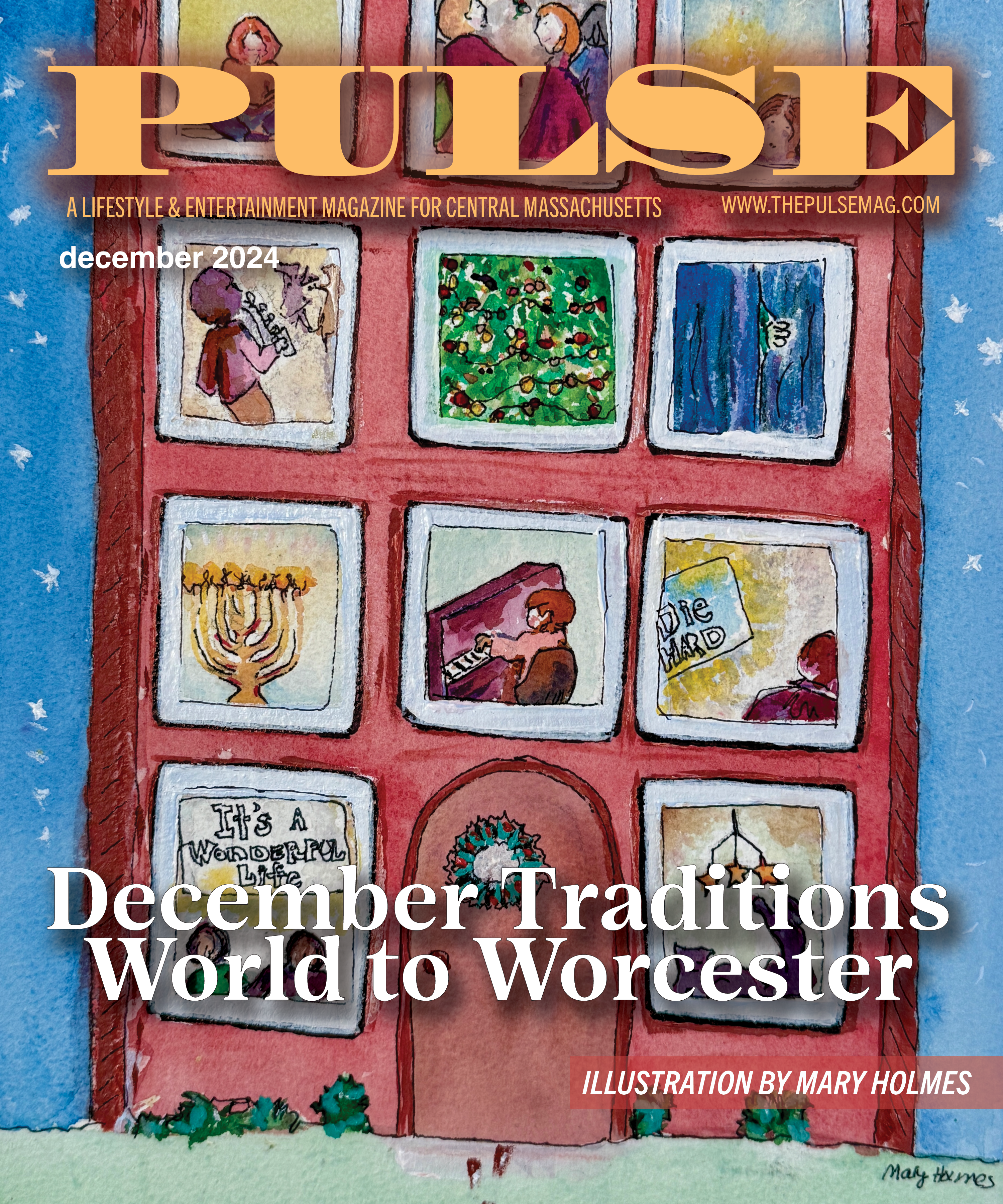By Tine Roycroft
To get your dream job (or heck, any job at all), you need a solid resume that accurately represents you and impresses employers. But this seemingly simple task raises many questions: How long should a resume be? What makes someone stand out as a candidate? And do employers even read the cover letter anymore?
Maggie Becker, associate director of Worcester Polytechnic Institute’s Career Development Center, took the guesswork out of the process and showed us how to craft a resume that will not only be read, but will hopefully secure an interview. Take note; many of you will need this advice soon.
What are some ground rules of a good resume?
Consistent formatting is crucial when writing a resume. Margins should be ¾ inch to 1 inch on all four sides; either an 11- or 12-point font size is ideal for body text, while the name of the person would ideally be at 14-point size; headings should be bolded or should use all capital letters. A one-page resume is also recommended. Job applicants should also tailor their resumes for different objectives so that their experiences align with the job they are seeking.
What makes a resume go to the top of a pile?
A tailored resume will stand out. However, it must also feature consistent formatting, be typo-free, grammatically correct and provide strong, detailed descriptions of accomplishments. Resumes that elaborate more on experiences ~ rather than simply provide lists ~ will also rise to the top.
How long do you need to stay at a job in order to put it on your resume?
As professionals begin their careers, “job hopping” is strongly discouraged. Leaving multiple jobs after only working a few months at each would be taken as a warning sign to potential future employers, who might judge an applicant as unreliable, untrustworthy or even difficult to please. Rather than quitting, we encourage employees who are feeling unsatisfied or unhappy in a new role to try talking to their manager, human resources or even their college’s career center.
What are some common mistakes people make when crafting resumes?
Spelling errors and typos. [Some applicants] make long lists rather than tailoring their resumes to the job for which they are applying. Resumes should be action-oriented ~ not passive. People should always begin describing their roles with a verb.
Do you always need a cover letter?
Yes. Cover letters are extremely important and allow applicants to connect more with hiring managers by providing context for how their background relates to the open position. Cover letters also allow applicants to convey their personality, enthusiasm for the company and the job being sought and any pre-existing connections they might have to individuals who work there.
What’s the best way to follow up?
Two weeks after sending in both a resume and a cover letter, applicants should follow-up by calling and verifying that the documents were received. This will also allow them to politely ask for an update on the status of their application and the position while allowing them to demonstrate interest, initiative and good communication skills.






